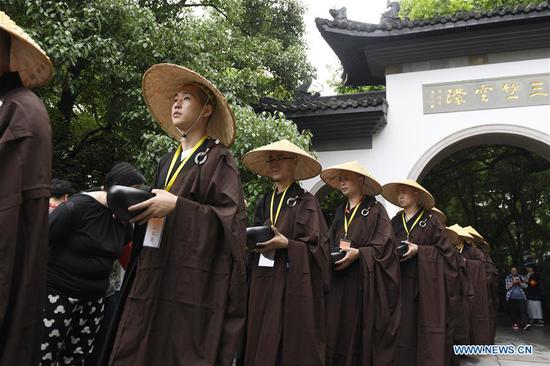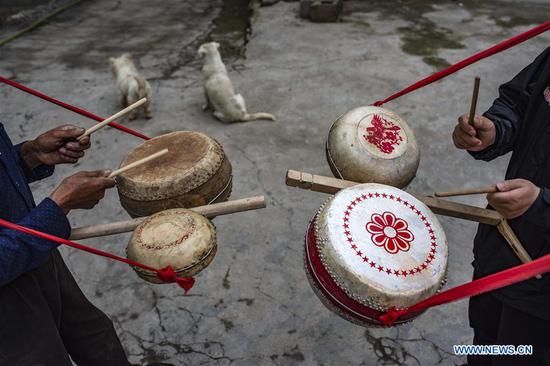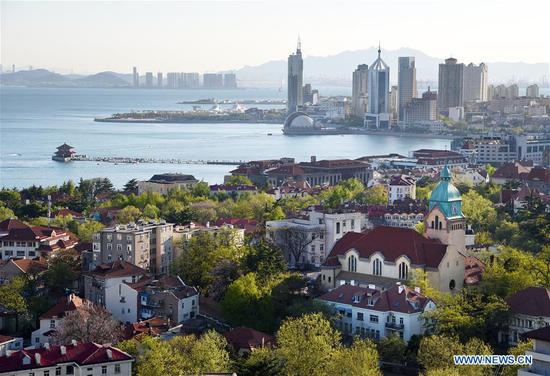Full effect on market yet to be seen: experts
The rollout of policies to attract talent in a number of Chinese cities appears to be acting as a stimulus for the real estate market.
"Now, it's just a start. The real impact of these policies on house prices will be more evident in two or three years," Chen Gaige, a senior manager with a Hainan-based property developer, told the Global Times on Wednesday.
Data from the National Bureau of Statistics (NBS) showed on May 16 that of the 70 cities whose house prices are monitored by the NBS, 58 saw a rise in prices on a monthly basis in April.
Stimulus factor
Of those 58 cities, many have rolled out talent attraction policies. One example is Xi'an, capital of Northwest China's Shaanxi Province, which announced in March that local university students would be able to get a hukou (housing registration) right after graduation.
House prices in Xi'an surged by 0.9 percent and 1.6 percent on a monthly basis in March and April, respectively, the NBS data showed.
"Such policies have caused an inflow of talent to Xi'an recently. Some of them have bought local homes, which has helped drive up property prices, but more of them are waiting to act at a later time," Yang Donglang, director of the real estate research center at Xi'an Jiaotong University, told the Global Times Wednesday.
"Other factors are also having an effect. For example, many local people are moving to make purchases because they see the rise in house prices triggered by the talent policies," he noted.
The Global Times was also told by a Tianjin real estate agent surnamed Zhang on Tuesday that there has been a housing sales bump since the local government launched a talent plan on May 16.
"Newcomers need to buy houses, and house prices rise naturally as a result," he said.
But he suggested that people wishing to settle in Tianjin should not buy forward delivery houses.
"For those houses, a buyer can't get the ownership certificate in two or three years, and the talent policy may change during that period," he said.
Chen Gaige said that Hainan's talent attraction policy, launched on May 13, has not immediately been converted into house-buying demand.
"I think if graduates settle in Hainan, they will first rent houses and then buy houses. So the property market will heat up in two or three years," he said.
Statistics revealed on Wednesday by the China Index Academy, a Hong Kong-based real estate database provider, showed that 53 cities in China have rolled out talent attraction policies so far.
Rein in the market
With signs emerging that third- and fourth-tier cities' property markets might be starting to heat up again, the central government has been launching efforts to bring things back under control.
The Ministry of Housing and Urban-Rural Development launched guidelines on Saturday reasserting that the housing control objectives won't be eased.
Chen also said that the provincial government of Hainan has recently held talks with local property developers urging them to prevent a surge in house prices.
Song Ding, an expert at the Shenzhen-based China Development Institute, told the Global Times on Wednesday that amid the government controls on the real estate market, many developers have been slowing down the speed of property development, which has further caused an imbalance in supply and demand.

















































